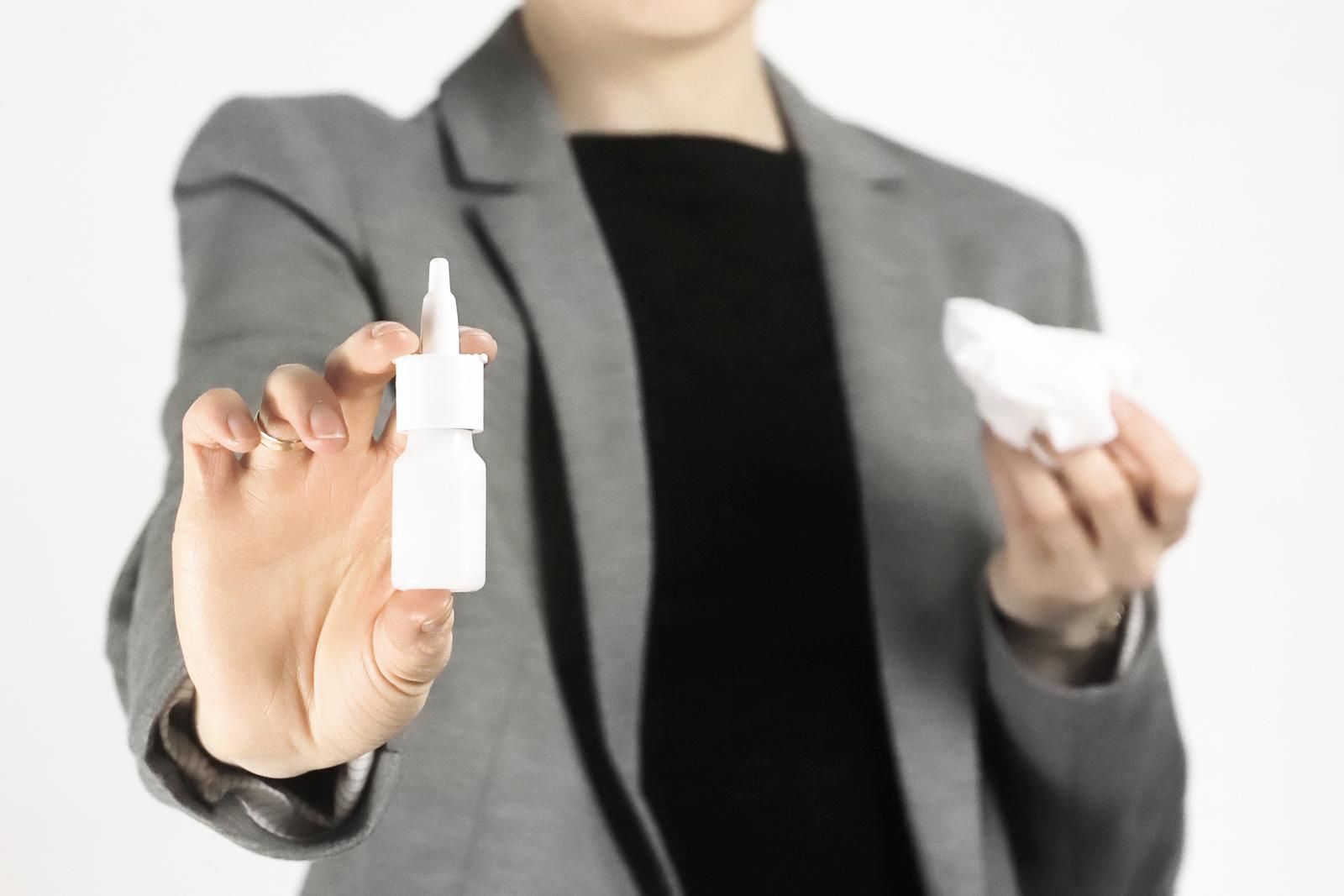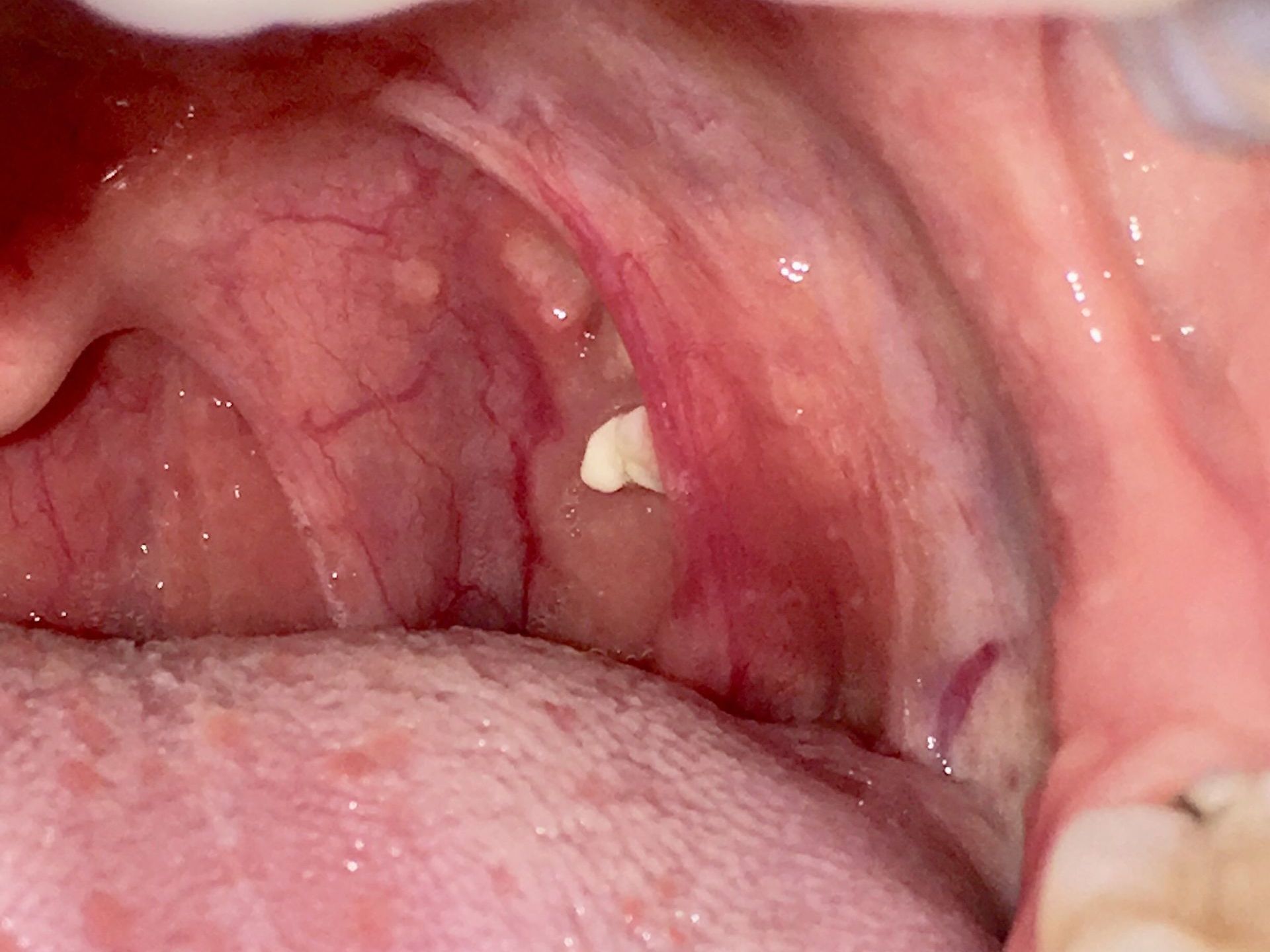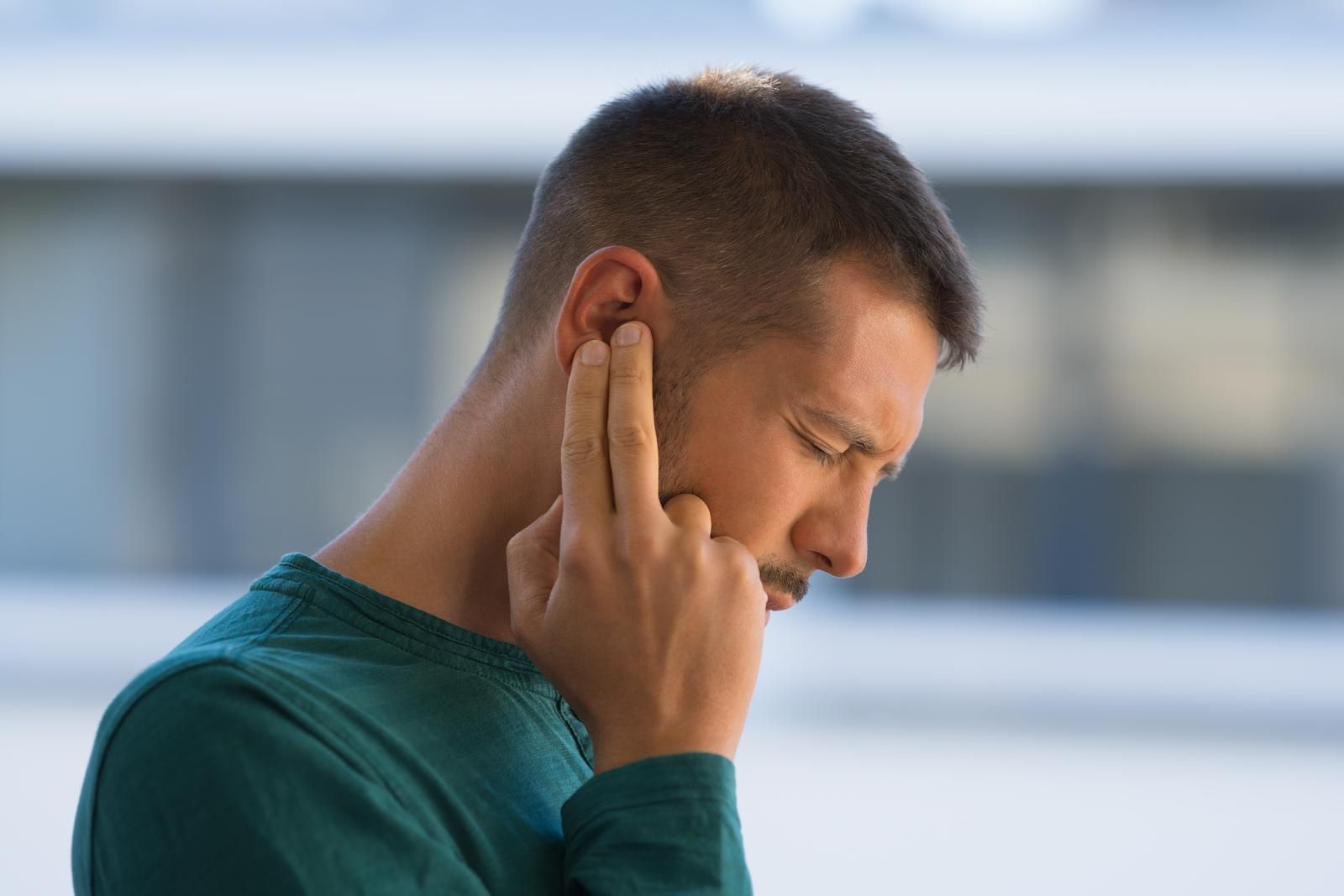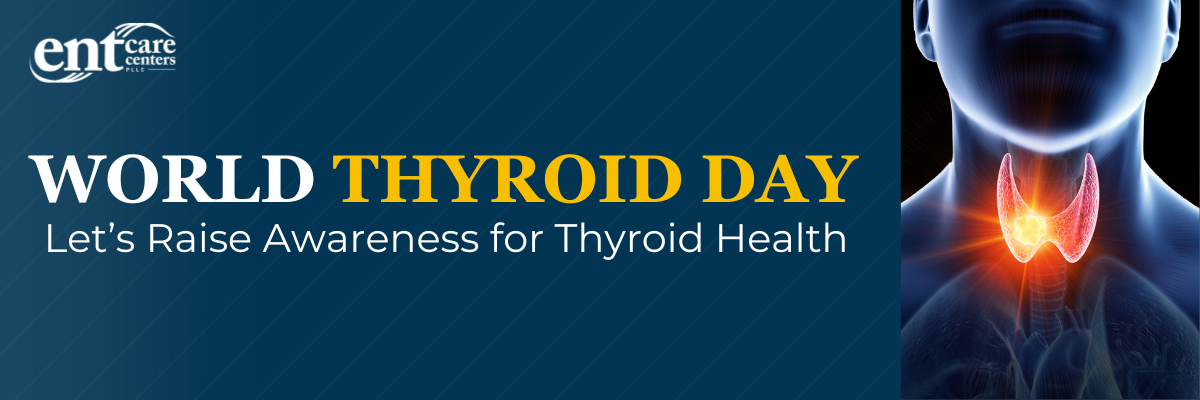
Do you wake up feeling tired despite a full night's sleep? You might be one of the millions affected by sleep apnea, a common yet often overlooked sleep disorder. Studies show that obstructive sleep apnea can have serious health effects. It raises the risk of high blood pressure, heart disease, Type 2 diabetes, stroke, and depression. One potential treatment option for sleep apnea, particularly in children, is the removal of the tonsils. In this blog, we'll explore how tonsil removal can help alleviate sleep apnea and what you need to know about this procedure.

Have you noticed unexplained hearing loss, constant ringing in your ears, or trouble with balance? These could be signs of acoustic neuroma. Though this condition is rare, knowing its symptoms is essential for early diagnosis and treatment. Keep reading to learn about the signs of acoustic neuroma so you can spot potential issues and seek medical help quickly.

As the winter chill sets in and snow blankets the ground, many people find themselves enjoying the beauty of the season. However, for some, winter weather can also bring unwelcome headaches and migraines. Understanding how cold weather affects our bodies can help you manage these discomforts and enjoy the season more fully. Let’s explore how winter weather can trigger headaches and migraines and what you can do to alleviate them.

Did you know that having a smaller nose can really highlight your facial features and boost your confidence? It’s true! A smaller nose can draw attention to your eyes and smile. While some people consider surgical options like rhinoplasty, there are also nonsurgical methods to make your nose look smaller. Read on for some simple tips and tricks to help you achieve the look you want!

Nasal sprays can be a game-changer for anyone dealing with allergies, congestion, or sinus problems. If you’ve never used one before, the process can seem a bit tricky. But don’t worry! This guide will walk you through everything you need to know about using nasal sprays effectively, ensuring you get the most benefit from your treatment.

Statistics reveal that around 29 million Americans suffer from sinusitis each year, making it one of the most prevalent health conditions in the United States. Sinusitis occurs when the sinuses become inflamed, often due to infections, allergies, or other factors. While many cases are mild and resolve without treatment within a week or two, others can lead to more severe symptoms and complications if left unaddressed.

Strep throat is a common bacterial infection that primarily affects the throat and tonsils. Caused by the group A Streptococcus bacterium, it spreads easily through respiratory droplets when an infected person coughs or sneezes. In fact, about 5.2 million people visit the doctor for strep throat each year in the U.S. alone!

Have you noticed small, white lumps on your tonsils? You could be dealing with tonsil stones! While they are generally harmless, they can cause discomfort, bad breath, and a sore throat. Understanding how to effectively remove tonsil stones is essential for managing symptoms and maintaining oral health. Here’s a comprehensive guide on how to remove tonsil stones safely and effectively.

A runny nose, medically referred to as rhinorrhea, is a common condition characterized by the excessive production of mucus from the nasal passages. Mucus is a fluid secreted by the mucous membranes lining the nose and sinuses. It serves as a protective barrier, trapping foreign particles like dust, bacteria, and viruses, and helping to humidify and warm the air we breathe. When the body detects an irritant or infection in the nasal passages, it responds by producing more mucus to flush out the invader. This excess mucus flows out of the nostrils, causing the characteristic runny nose.

Sinus pressure refers to the feeling of discomfort or pain in the sinuses. It happens when the lining of your nose gets irritated or swollen, and mucus gets stuck, leading to a sensation of fullness or tightness in the face and forehead. This discomfort is often accompanied by symptoms such as nasal congestion, headaches, and reduced sense of smell.

Have you ever experienced that uncomfortable feeling of pressure or fullness in your ears, often accompanied by muffled hearing? This sensation is commonly due to a change in air pressure, such as during flights, scuba diving, or driving through mountains. In this article, we'll explore how to pop your ears safely and effectively, along with the impact of ear pressure on tinnitus causes and treatments.

Have you ever wondered what tonsils do? Tonsils are small organs located at the back of your throat that function to aid your body's immune system. Tonsils are supposed to act as the first line of defense against harmful pathogens that enter through your mouth and nose, but they don’t serve as much of an important role in the body today as in the past. In this blog post, we will explore the functions of those small walnut-like structures in the back of your throat

Studies have shown that smokers are more likely to develop chronic sinusitis and nasal polyps compared to non-smokers. Smoking can irritate the lining of the sinuses, leading to inflammation and swelling. Over time, this chronic irritation can impair the normal functioning of the sinuses, causing symptoms such as nasal congestion, facial pain or pressure, headache, and can lead to the formation of these abnormal growths.

Tonsil stones, medically known as tonsilloliths, are small, hard deposits that form in the crevices of the tonsils. While they are often harmless, they can lead to discomfort and unpleasant symptoms such as bad breath and sore throats. Understanding the underlying causes of tonsil stones is essential for prevention and management. Causes of Tonsil Stones 1. Poor Oral Hygiene Inadequate brushing and flossing can lead to a buildup of food particles, bacteria, and dead cells in the mouth and tonsils. This accumulation can harden and form stones. 2. Chronic Tonsillitis Repeated inflammation or infection of the tonsils can create larger crevices (crypts) where debris can collect and eventually calcify into stones. 3. Enlarged Tonsils Individuals with enlarged tonsils may have deeper crypts, making it easier for food particles and bacteria to become trapped and form stones. 4. Dry Mouth Reduced saliva flow can hinder the natural cleansing process of the mouth. A dry mouth may be caused by certain medications, dehydration, or breathing through the mouth, allowing debris to accumulate. 5. Diet A diet high in dairy products or processed foods may contribute to the formation of tonsil stones, as these foods can leave residue that sticks to the tonsils. 6. Bacterial Growth The presence of bacteria in the mouth can lead to the breakdown of food particles and the formation of biofilms, which can contribute to stone development. 7. Nasal Congestion or Allergies Conditions that cause nasal congestion or allergies may lead to mouth breathing and decreased saliva production, increasing the likelihood of debris accumulation in the tonsils. 8. Age Tonsil stones are more common in adults and older teenagers, possibly due to changes in oral hygiene habits and the structure of the tonsils over time. Prevention Preventing tonsil stones is often a matter of maintaining good oral hygiene: Brush your teeth twice a day. Floss daily. Use mouthwash to kill bacteria. Avoid smoking. Stay hydrated to keep saliva production up, which helps cleanse the mouth and throat. When to See a Doctor If you have symptoms of tonsil stones but can't see them, or if they're too difficult to remove at home, it's time to consult a healthcare professional. Additionally, if you experience severe pain or bleeding when trying to remove stones, seek medical attention. While tonsil stones can be an annoying condition, they are typically not harmful and can be treated at home. However, recurrent or large stones may require medical intervention. Maintaining excellent oral hygiene and staying hydrated are key preventive measures to keep tonsil stones at bay. If in doubt, always consult with a healthcare provider for personalized advice and treatment options. If you need an expert ENT near you, go to ENT Care Centers . Our otolaryngologists are experienced and compassionate about caring for adults and children with tonsil problems.









